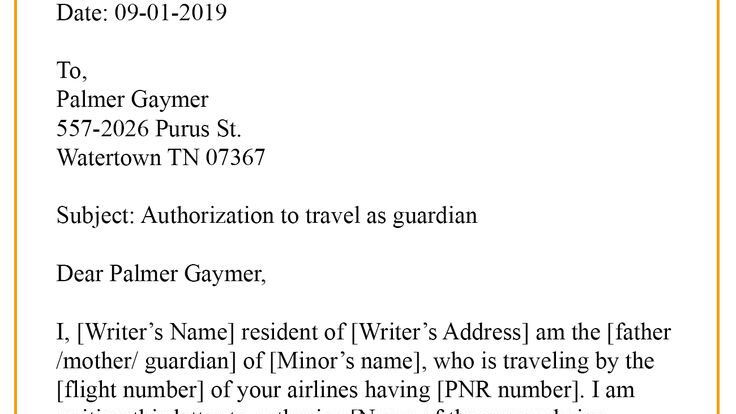
What is the Bond for Aggravated Assault in Tennessee?
Aggravated assault is a serious crime that carries severe penalties in Tennessee. If you or someone you know is charged with this offense, understanding the bond process is crucial. In this article, we will discuss what the bond for aggravated assault in Tennessee entails, how it is determined, and other important details you need to know.
1. Understanding Aggravated Assault
Before diving into the specifics of the bond for aggravated assault, let’s first clarify what this crime entails. In Tennessee, aggravated assault is defined as intentionally causing serious bodily injury to another person or using or displaying a deadly weapon during the commission of an assault.
The seriousness of this offense is reflected in the potential penalties, which can include hefty fines, imprisonment, and other consequences that may have a lasting impact on your life.
2. The Purpose of Bond
When someone is arrested for aggravated assault, they are taken into custody and held until their court date. However, the Eighth Amendment to the United States Constitution guarantees the right to reasonable bail, meaning that a person accused of a crime has the right to be released from custody while awaiting trial, as long as they are not considered a flight risk or a danger to the community.
Posting a bond allows individuals charged with aggravated assault to secure their release from jail. It serves as a financial guarantee that the accused will appear in court for all required hearings and proceedings related to their case.
3. Determining the Bond Amount
The bond amount for aggravated assault cases varies depending on several factors, including the severity of the offense, the defendant’s criminal history, and the threat they may pose to the community or the victim. Judges take these factors into consideration when determining the appropriate bond amount.
In Tennessee, a judge may set a bond amount based on a preset schedule established by the courts, or they may consider individual circumstances and set a unique bond amount for each case. The goal is to ensure that the bond amount is sufficient to secure the defendant’s appearance without being excessively burdensome.
4. Types of Bonds
In Tennessee, there are different types of bonds available for aggravated assault cases:
- Cash Bond: A cash bond requires the full amount of the bond to be paid in cash. If the defendant appears for all court proceedings, the cash bond will be refunded at the conclusion of the case.
- Surety Bond: A surety bond is posted by a bail bondsman, who charges a fee (usually a percentage of the bond amount) for their services. The bondsman assumes the financial responsibility if the defendant fails to appear in court.
- Property Bond: In some cases, a defendant may be allowed to use their property as collateral for the bond. This typically requires a property appraisal and court approval.
- Unsecured Bond: An unsecured bond does not require immediate payment. Instead, the defendant agrees to be financially liable if they fail to appear in court.
5. Conditions of Bond
Regardless of the type of bond chosen, the court may impose certain conditions to ensure the defendant’s compliance while released. Some common conditions of bond for aggravated assault cases include:
- Obeying all laws and avoiding any additional criminal charges
- Keeping the court informed of any address or phone number changes
- Staying away from the victim and any potential witnesses
- Refraining from possessing firearms or other weapons
- Attending all required court hearings and appointments
6. Modifying Bond Conditions
In certain situations, the court may modify the conditions of the bond. This can occur if new information or circumstances arise during the course of the case. The court has the discretion to revoke or modify the bond if the defendant fails to comply with the set conditions.
7. Importance of Legal Representation
When facing charges of aggravated assault, it is crucial to seek legal representation from an experienced criminal defense attorney. An attorney can assist in navigating the bond process, ensuring that your rights are protected, and advocating for the most favorable outcome in your case.
8. Frequently Asked Questions
Q: Can the bond amount be negotiated?
A: While the judge ultimately determines the bond amount, an attorney can present arguments for a lower bond if there are compelling reasons, such as no previous criminal record or strong community ties.
Q: Can I use a credit card to pay for the bond?
A: It depends on the court and the bonding agent. Some courts and bonding agents accept credit card payments, while others may only accept cash or other forms of payment.
Q: What happens if I fail to appear in court after posting bond?
A: Failing to appear in court after posting bond can result in significant consequences, including the revocation of your bond, additional criminal charges, and a warrant for your arrest.
9. Conclusion
Understanding the bond process for aggravated assault cases in Tennessee is essential for anyone facing this serious charge. While the bond amount varies depending on individual circumstances, securing legal representation and complying with bond conditions are crucial steps in ensuring a fair and just resolution to your case.
If you or someone you know is charged with aggravated assault, it is recommended to consult with an experienced criminal defense attorney who can guide you through the legal process and protect your rights.

Source Image: davidsoncountysource.com

Source Image: tennesseebonding.com
Giles County, TN Arrest Reports 08/02/23 – 08/18/23 – Quad Cities Daily Felony Charges Anyone who commits a simple assault while brandishing or using a deadly weapon will be charged with a felony aggravated assault. A deadly weapon is any object that is capable of causing death or serious bodily injury. Deadly weapons include: firearms; hunting knives; or brass knuckles.







